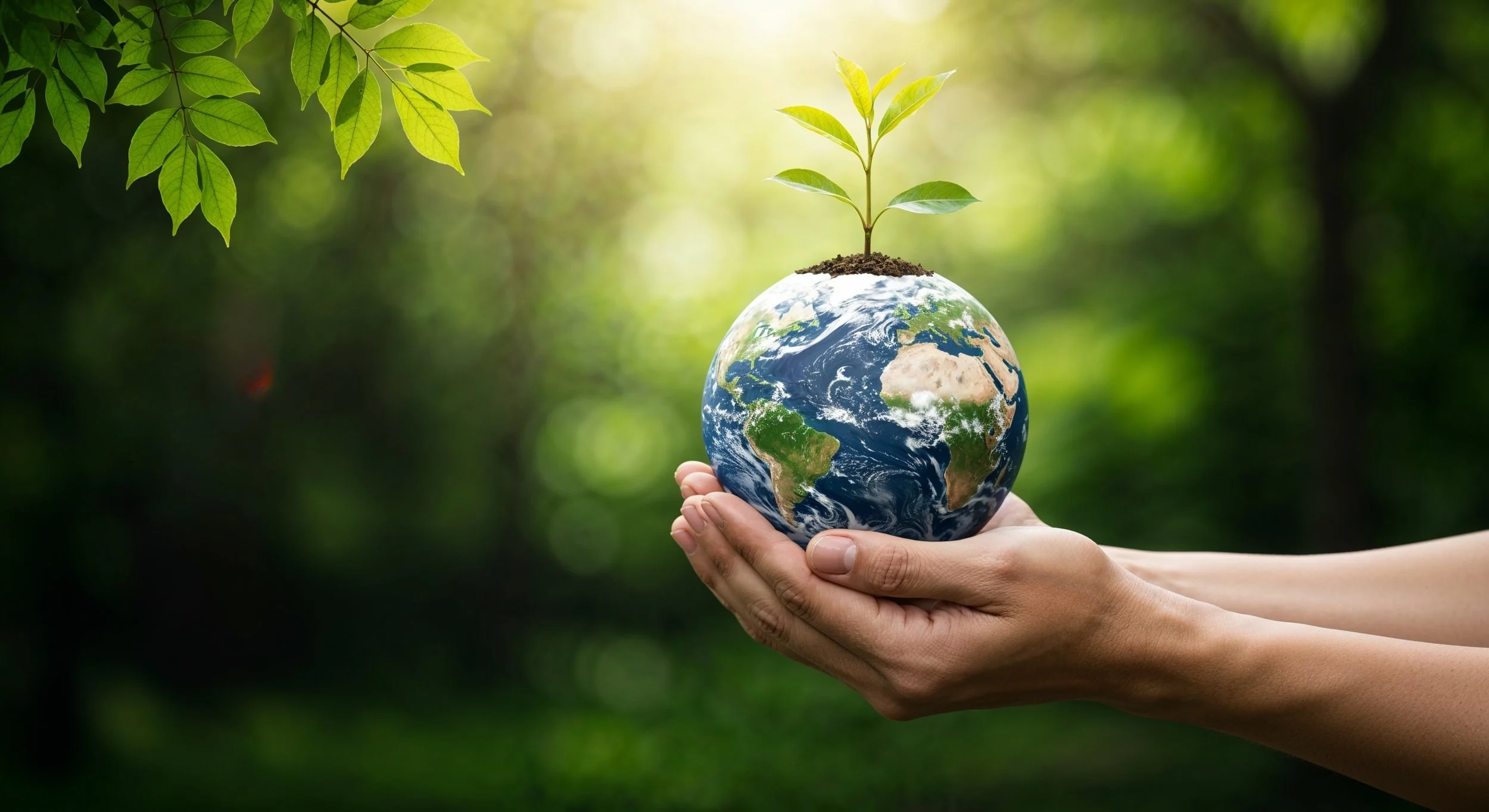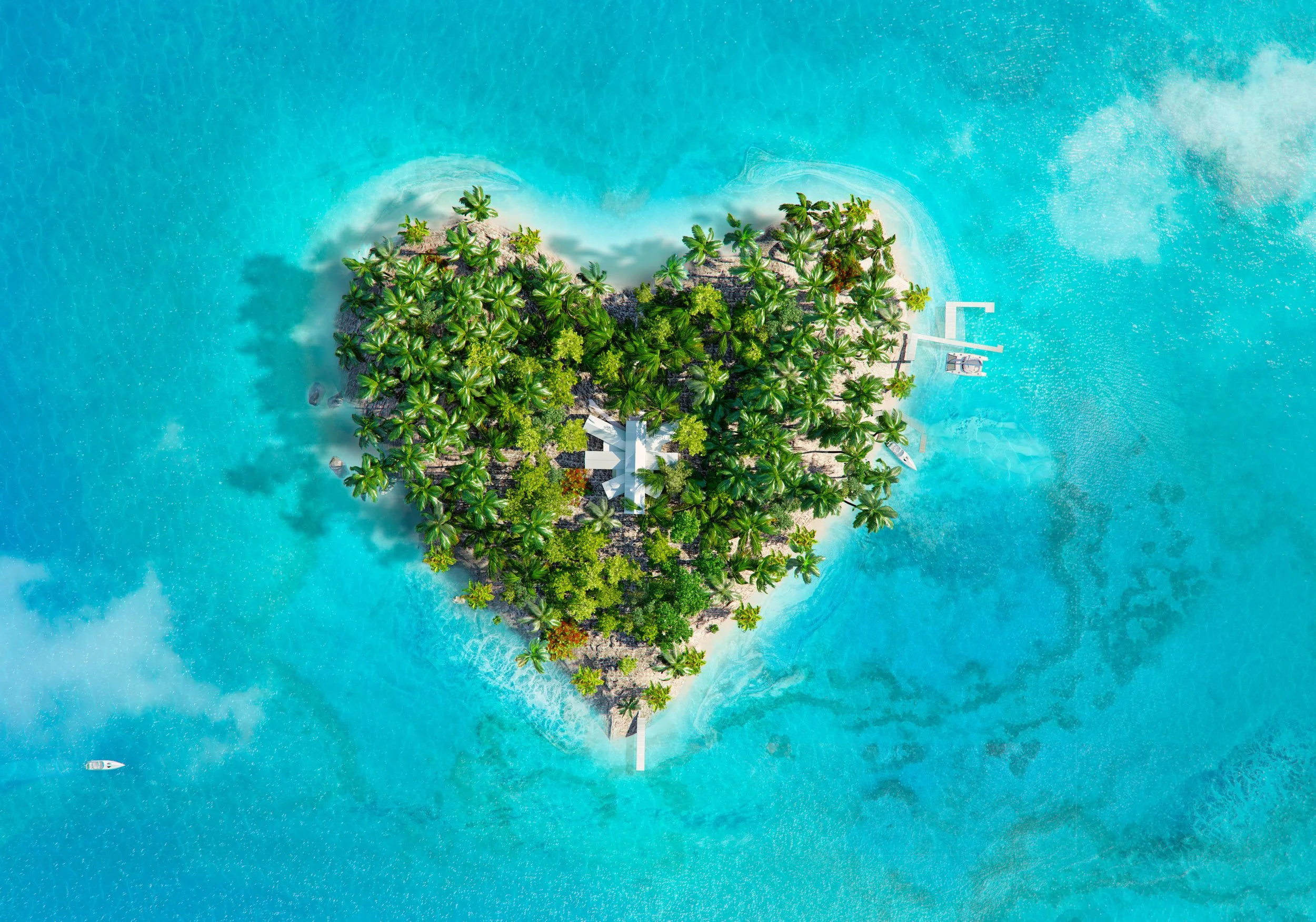Voice of the Voiceless
As the world becomes a more global interconnected neoliberal society, we are now faced with a paradox we must overcome, if we are going to stop the exploitation of Nature.
How can we successfully reverse the ecological crisis if our capitalist economy relies on continual expansion of capital and the creation of new markets, which is imperative to growth?
The main challenge being that Nature, under the neoliberal framework, does not have value in Her own right, creating a critical crossroads for environmental policy.
This crossroads has led to an exponential growth of Rights of Nature (RoN) initiatives over the last two decades, as local communities across the globe seek to protect their natural environment from polluting corporations that have no moral obligation to protect its resources.
Most of these initiatives are linked to community rights that seek to protect polluted ecosystems, such as lakes and rivers, and prevent destructive activities from unregulated corporations.
From this perspective, Nature is seen as a rights-bearing entity with legal standing, radically moving away from the dominating neoliberal worldview that sees natural resources only in economic terms.
The RofN is being hailed as a new legal tool that can help protect ecosystems, and ensure nature is regenerative, protected, stronger and more resilient. It enables communities to use a litigation-centred approach to combat environmental degradation, and to recognise the rights of a community to a dignified life.
RoN has been considered more than a movement. It is a cultural shift, and a real ‘revolution’ that can totally revamp and rethink the international legal relationship with Nature.
However, it highlights the inherent conflict between the the key political, legal, and economic pillars of neoliberalism. The law (that represents human interests), the morality of rights-based claims, and the monopoly on power, individual rights, and private property.
While there are flaws with the RofN concept, it is the one ray of hope for communities that are fighting for their territorial, environmental and human rights.
Rather than follow the traditional path of activism, and protest that have fallen on deaf ears, they are using litigation and the law to have their voices heard.
Rights of Nature recognises that ‘territory’, is more than just natural resources or land. It is a sacred, spiritual and collective space that is intertwined with their community.
This belief is starting to be adopted by communities globally, who are trying to protect their natural resources from corporate exploitation.
What Are the Rights of Nature?
The Rights of Nature is a legal and philosophical movement that recognises ecosystems and natural entities, rivers, forests, mountains, and even Mother Earth herself, as living beings with inherent rights. These may include:
The right to exist and thrive
The right to regenerate its life cycles
The right to maintain its vital ecological processes
The right to restoration when harmed
The right to be legally represented in court
Rather than viewing nature as “property,” this movement shifts our legal and cultural framework towards partnership, protection, and deep respect. It calls on us to become guardians, not owners, of the Earth, in order to keep our planet thriving for future generations.
Why This Matters Now
We are living in a time of ecological and spiritual emergency.
The Earth is sending clear signals, through rising temperatures, disappearing species, polluted waters, and fractured ecosystems that our current way of living is no longer sustainable.
At the heart of this crisis is a profound disconnection: we have forgotten that we are part of Nature, not separate from it. Our legal, economic, and political systems treat the Earth as a resource to be owned and exploited, rather than a living being to be respected.
The Rights of Nature movement matters now more than ever because it offers a radical and necessary shift, recognising that rivers, forests, mountains, and ecosystems have the right to exist, regenerate, and thrive, just as we do. This recognition isn’t just about law, it’s about healing the relationship between humans and the more-than-human world.
The climate crisis is not just an environmental issue, it is a moral and spiritual one. It asks us to reckon with how we live, what we value, and how we show up for the Earth that sustains us. When we allow nature to be silenced, we silence part of ourselves.
The time to act is now. Not from fear, but from love. Not from guilt, but from responsibility.
The Rights of Nature is not a fringe idea, it is a vital key to ensuring that future generations inherit a planet that is alive, balanced, and sacred.
Join the movement.
Through my upcoming talks, events, mentoring programmes, and community campaigns, I am amplifying the message that Nature has rights, and that we all have a role to play in protecting them.
Whether you're an activist, a parent, a policymaker, or simply someone who loves the Earth, you are welcome here.
The time has come to listen to the wisdom of the Earth and take meaningful action.
Will you stand with me and speak up for Nature’s Rights?



